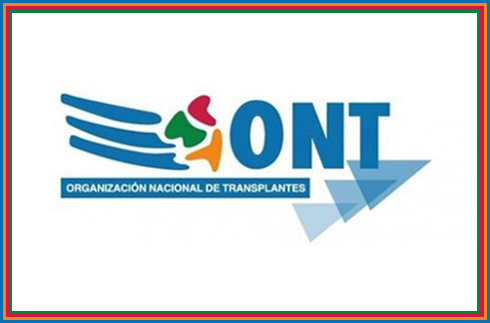Nimrod Megiddo was announced as the winner of the 2014 von Neumann Theory Prize at the INFORMS meeting yesterday (although as of this writing the web page hasn't been updated).
He is a deserving member of a distinguished club:
Konrad-Zuse-ZentrumLászló Lovász, Eotvos University, Institute of MathematicsAlexander Schrijver, CWI, National Research Institute for Mathematics & Computer Science
School of Operations Research and Information
Dept of Mathematics
He is a deserving member of a distinguished club:
Past Awardees
2013 Winner(s)
Michel L Balinski, C.N.R.S. and Ecole Polytechnique
2012 Winner(s)
George L. Nemhauser, Georgia Institute of TechnologyLaurence A. Wolsey, Université Catholique de Louvain
2011 Winner(s)
Gerard P. Cornuejols, Carnegie Mellon University, Tepper School of Business
2009 Winner(s)
Yurii Nesterov, CORE/UCLYinyu Ye, Stanford University, Department of Management Science & Engineering
2008 Winner(s)
Frank P. Kelly, Centre for Mathematical Science, University of Cambridge
2007 Winner(s)
Arthur F. Veinott, Jr., Stanford University
2006 Winner(s)
Martin Grötschel, ZIBKonrad-Zuse-ZentrumLászló Lovász, Eotvos University, Institute of MathematicsAlexander Schrijver, CWI, National Research Institute for Mathematics & Computer Science
2005 Winner(s)
Robert J. Aumann, The Hebrew University of Jerusalem, Center for Rationality
2004 Winner(s)
J. Michael Harrison, Stanford University, Graduate School of Business
2003 Winner(s)
Arkadi Nemirovski, Georgia Institute of Technology, School of ISyEMichael J. Todd, Cornell UniversitySchool of Operations Research and Information
2002 Winner(s)
Cyrus Derman, Professor Operations Research, Columbia UniversityDonald L. Iglehart, Stanford University
2001 Winner(s)
Ward Whitt, Columbia University, Industrial Engineering & Operations Research Dept.
2000 Winner(s)
Ellis L. Johnson, School of Industrial & Systems Engineering, Georgia Institute of TechnologyManfred W. Padberg, New York University, Stern School of Business
1999 Winner(s)
R. Tyrrell Rockafellar, University of Washington, Dept. of Mathematics
1998 Winner(s)
Fred W. Glover, OptTek Systems, Inc.
1997 Winner(s)
Peter Whittle
1996 Winner(s)
Peter C. Fishburn
1995 Winner(s)
Egon Balas, Carnegie Mellon University, Tepper School of Business
1994 Winner(s)
Lajos Takacs
1993 Winner(s)
Robert Herman, University of Texas-Austin
1990 Winner(s)
Richard M. Karp, University of California - Berkeley, Dept. of Electrical Engineering & Computer Science
1989 Winner(s)
Harry M. Markowitz , Baruch College
1988 Winner(s)
Herbert A. Simon
1987 Winner(s)
Samuel Karlin , Stanford UniversityDept of Mathematics
1986 Winner(s)
Kenneth J. Arrow , Stanford University, Dept. of Economics
1985 Winner(s)
Jack Edmonds, University of Waterloo, Dept. of Combinatorics & Optimization
1984 Winner(s)
Ralph E. Gomory , Alfred P. Sloan Foundation
1983 Winner(s)
Herbert E. Scarf, Yale University
1982 Winner(s)
Abraham CharnesWilliam W. Cooper, University of Texas - Austin, MSIS DepartmentRichard J. Duffin
1981 Winner(s)
Lloyd S. Shapley , University of California - Los Angeles, Dept. of Economics
1979 Winner(s)
David Blackwell , University of California - Berkeley
1977 Winner(s)
Felix Pollaczek
1976 Winner(s)
Richard Bellman
1975 Winner(s)
George B. Dantzig, Stanford University


